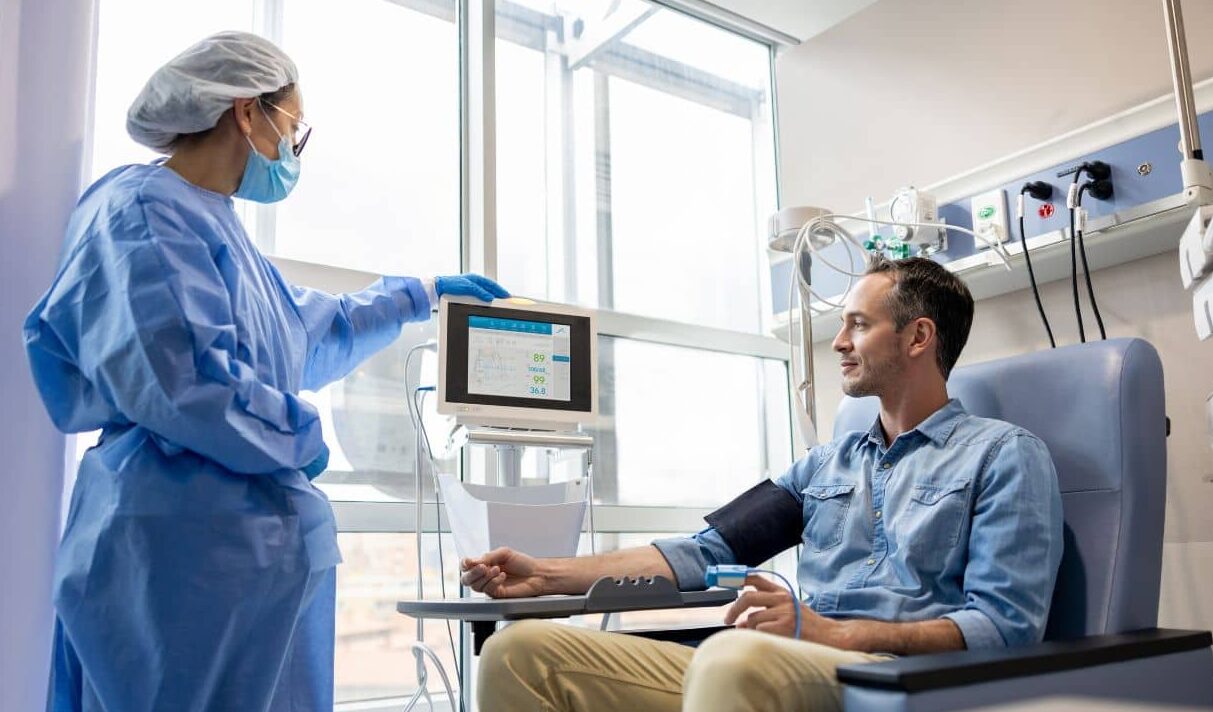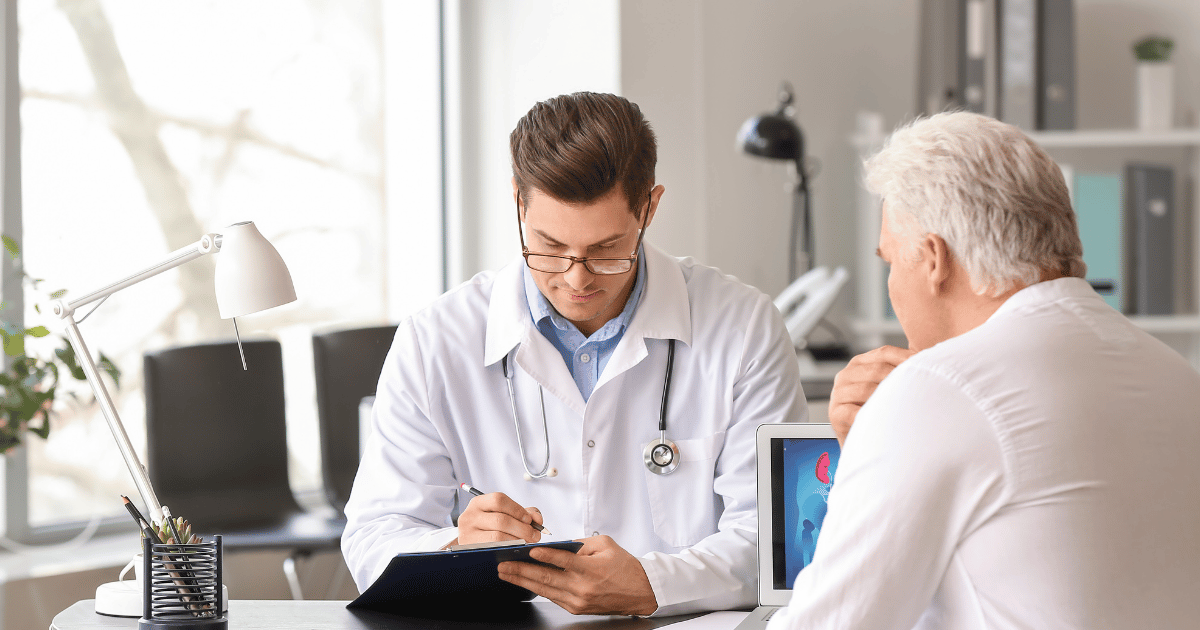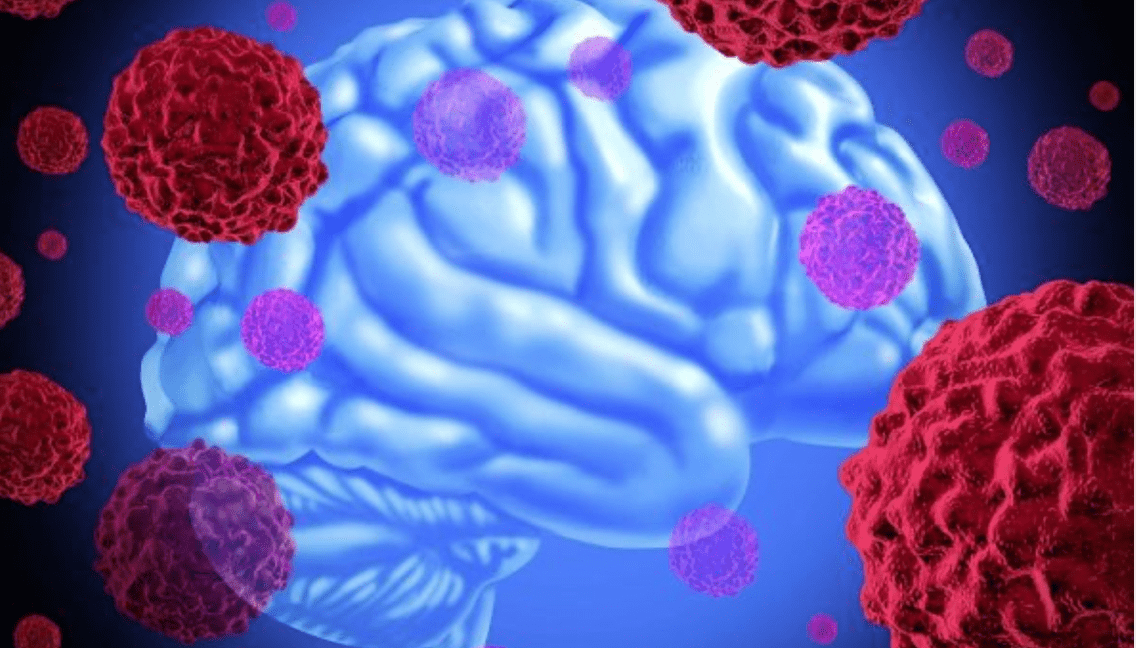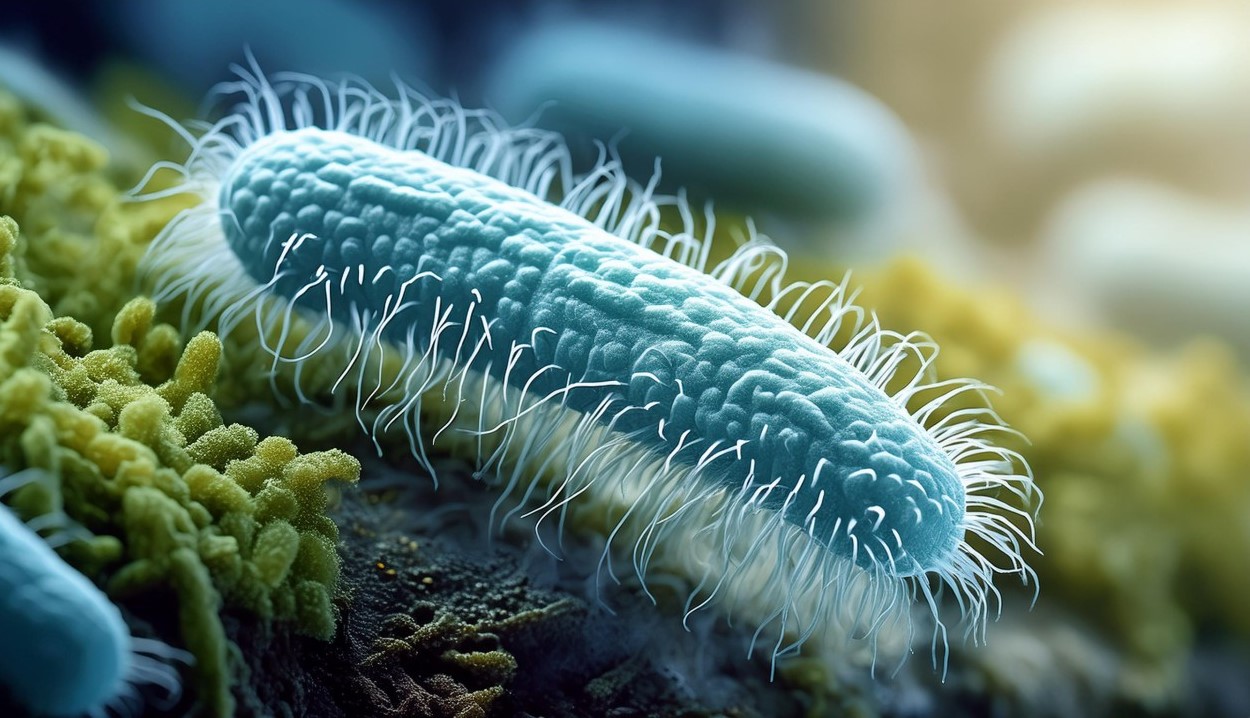-
 News
When glucose levels are low, chemotherapy ceases to affect cancer cells
News
When glucose levels are low, chemotherapy ceases to affect cancer cells
-
 News
Excessive treatment of prostate cancer in older men may reduce quality of life without increasing its duration
News
Excessive treatment of prostate cancer in older men may reduce quality of life without increasing its duration
-
 News
Brain cancer can be cured by viruses
News
Brain cancer can be cured by viruses
-
 News
Ways to reduce lymphatic pain in breast cancer have been found
News
Ways to reduce lymphatic pain in breast cancer have been found
-
 News
Scientists have turned bacteria into a powerful weapon against cancer
News
Scientists have turned bacteria into a powerful weapon against cancer
All news
Gastritis treatment
Gastritis is an inflammation of the mucous membrane of the stomach, leading to a deterioration of its functions, especially secretory. If a person has gastritis, the food is poorly digested, which leads to impaired absorption of nutrients.
Chronic gastritis affects about 60-88% of the world’s population, especially at a young age of eighteen to thirty-five years.
Depending on the level of secretion of hydrochloric acid, gastritis is divided into:
- Gastritis with low acidity
- Gastritis with normal acidity
- Gastritis with increased acidity
Depending on the type of gastritis, doctors recommend changes in lifestyle, diet and eating habits, and prescribe different groups of drugs.
It is recommended to start treatment already at the first signs of inflammation in the stomach.
If an H. pylory infection is detected, a scheme of treatment with antibacterial drugs is prescribed.
Qualified gastroenterologists of domestic and foreign clinics, with which MedTour cooperates, can choose the right individual treatment scheme.
MedTour patients recommend clinics for the treatment of gastritis:
Doctors for the treatment of gastritis
Causes of gastritis
- Infection with Helicobacter pylori bacteria
- Dietary imbalance
- Abuse of alcoholic beverages and tobacco smoking
- Prolonged use of drugs that affect the gastric mucosa
- Emotional overstrain, stresses
- Genetic predisposition
- Duodenogastric reflux
- Endogenous intoxication
- Chronic infectious diseases
- Metabolic disorders
- Hypo- and avitaminosis
Symptoms of gastritis
- Aching or cramping pain of low intensity in the epigastric region, more often occurring on an empty stomach or immediately after eating.
- Constant heartburn, especially in the night and morning hours, belching acidic.
- Nausea, rarely vomiting of gastric contents.
- Belching of air, sour or bitter.
- Heaviness in the epigastric region after eating, a feeling of rapid filling of the stomach.
- Unpleasant taste in the mouth, bitterness.
- Decreased appetite.
Diagnosis of gastritis
- Blood and urine analysis
- Stool analysis (fecal coprogram)
- Biochemical blood analysis (liver tests, cholesterol, alkaline phosphatase)
- ECG
- Radiography of chest organs in 2 projections
- X-ray of esophagus, stomach with barium mixture
- Ultrasound of the hepatobiliary system
- Daily monitoring of pH in the lower part of the esophagus and stomach
- EGDS
- Non-invasive tests to determine Helicobacter pylori (respiratory)
Gastritis treatment
The main treatment of chronic gastritis is a healthy lifestyle and a proper, rational diet.
Leading a healthy lifestyle and proper, rational nutrition consists of the following:
- refusal to drink alcoholic, carbonated drinks;
- lowering body weight in case of obesity;
- smoking cessation;
- avoiding eating large meals and eating at late hours.
If such non-medication methods do not bring relief, medication is resorted to.
Published:
Updated:









